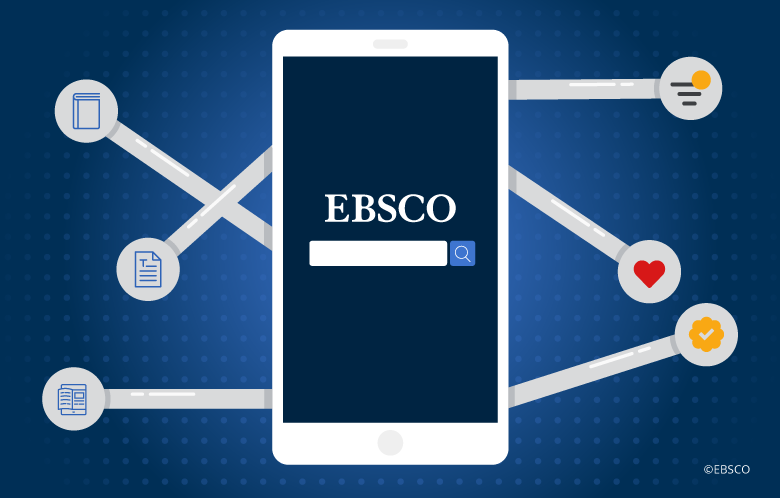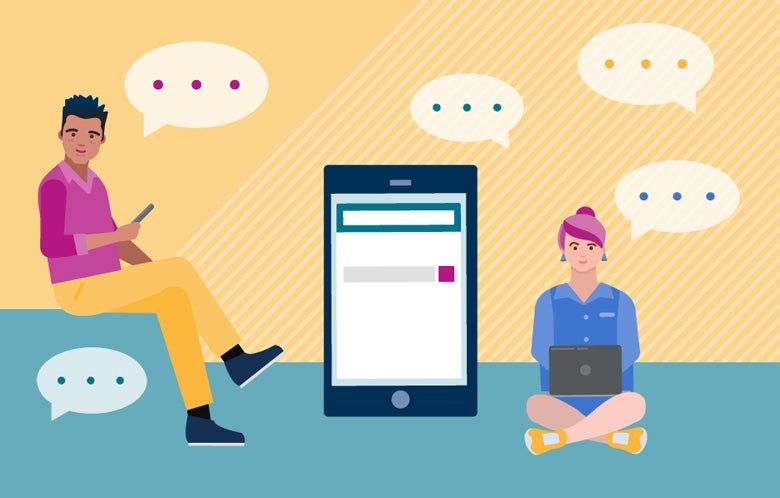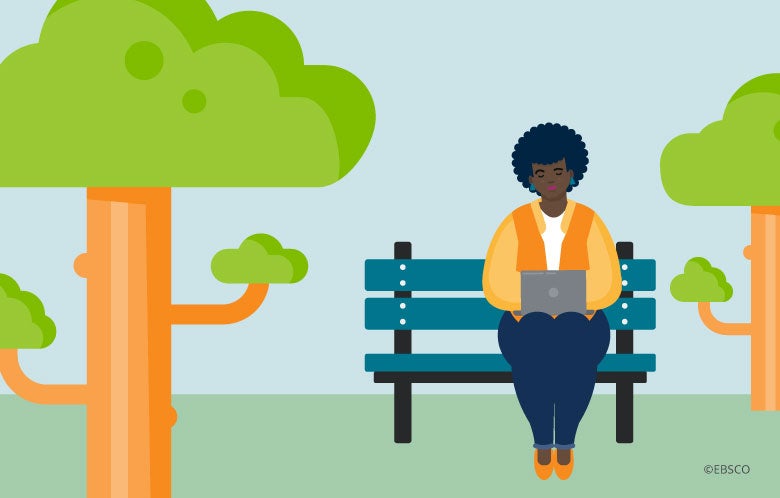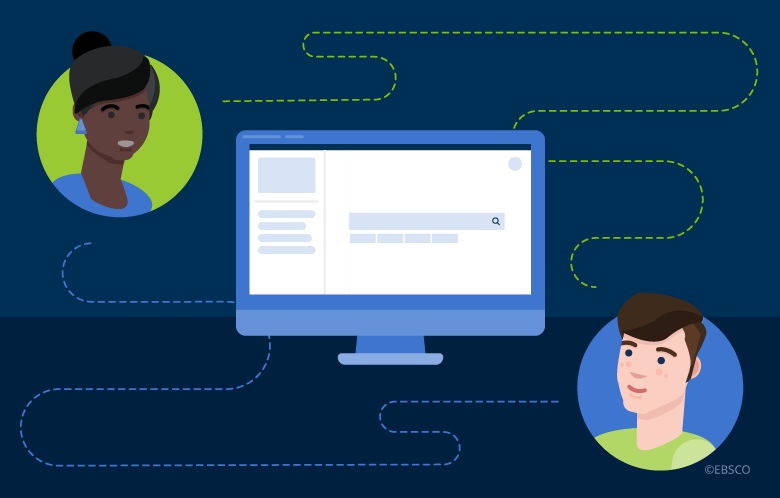The Fitzwilliam Museum at the University of Cambridge has an ancient artifact that it calls “a Roman ‘Swiss Army’ knife.” It dates from between 200 to 300 CE, and it is a silver and iron folding tool made up of a spike, spatula, pick, knife, fork and spoon. The existence of this extremely old gadget tells us that the idea of small, portable, and convenient variations on larger toolkits has always been demanded by users to meet their needs and enhance the user experience.
Today we not only have actual Swiss Army Knives, but also their digital equivalents in the form of smartphones with apps and mobile web interfaces. We are accustomed to mobile banking, shopping, remote healthcare and other app experiences that, while certainly differing from their in-person or desktop counterparts, are all robust enough to get the job done and incorporate unique capabilities of their own (such as using the phone’s camera for check depositing).
Students, researchers, and library patrons now expect comparable library experiences when they pull their phones out of their pockets.
The EBSCO mobile web interface and mobile app both allow libraries to offer their users ubiquitous access to content, giving patrons access to the library when and where they need it. Researchers can jump into any step in the research process, search for articles on the go, use sharing and citation tools, and save their articles to folders for later reading.
The EBSCO mobile web interface and mobile app both allow libraries to offer their users ubiquitous access to content, giving patrons access to the library when and where they need it.
The EBSCO mobile web interface and mobile app both allow libraries to offer their users ubiquitous access to content, giving patrons access to the library when and where they need it.
Users can read or listen to the content they discover, link to external full text content, view in PDF and HTML, and download and read EBSCO eBooks™. They can also pull up recently viewed items, as well as run recent searches and save them. Similarly, they can find new content based on previous activity, and synchronize their files with their computers and tablets.
The EBSCO mobile app facilitates a multi-device, multi-environmental research flow with an integrated experience and a seamless transition across mobile and desktop. The app allows users to leverage the strengths of their mobile devices, enabling them to share their research via native iOS and Android tools, and use biometric authentication and voice-to-text searching. The built-in Find My Organization feature also allows students to find their affiliated libraries via geolocation-enhanced search.
EBSCO’s app and mobile web interface, while offering advanced researchers both power and reach, are set in an interface that doesn’t overwhelm or intimidate the undergraduate user. The result is a convenient, mobile, personalized workspace that benefits librarians through easy implementation and integration, ensures a robust, additional channel for long-term access to e-resources, and supplies data and analytics on user interactions. The app supports librarians' efforts to enhance library services and demonstrate their institution’s usage and value.
The need for small, convenient, on-the-go tools seems to be a human constant, whether in the ancient world or today. EBSCO’s contribution of a versatile, mobile “Swiss Army Knife of Search and Discovery” expands the reach of the library, turning it into a handy multi-tool that can be easily used anywhere. Even in a non-COVID world, this would be a boon to the librarian and the user. In the age of a pandemic, a mobile app is a vital tool in keeping research accessible.



